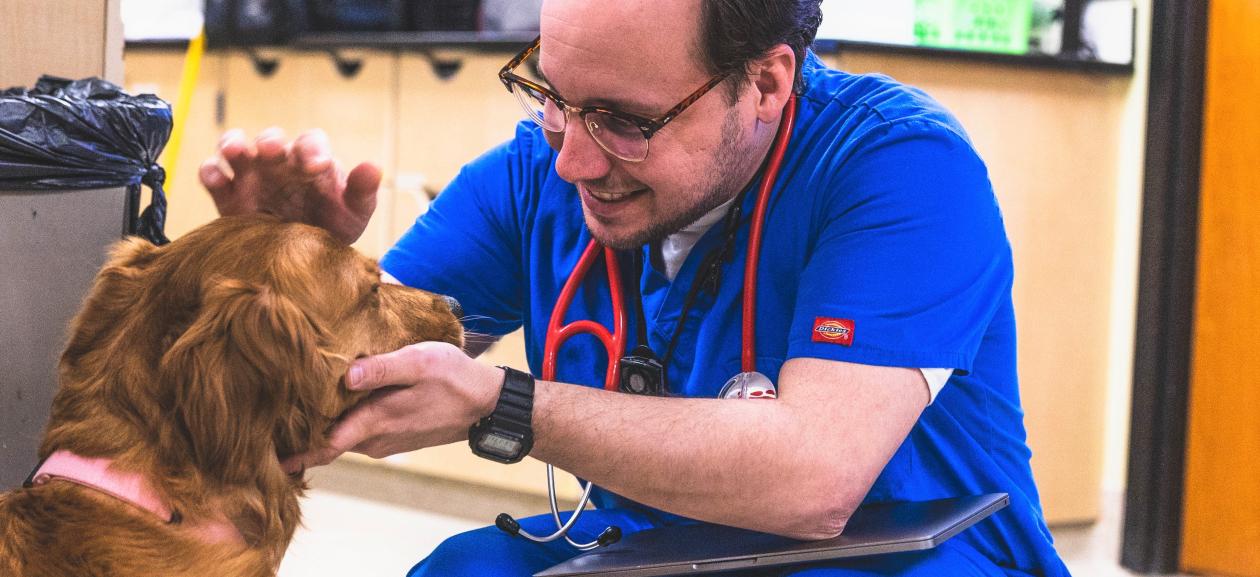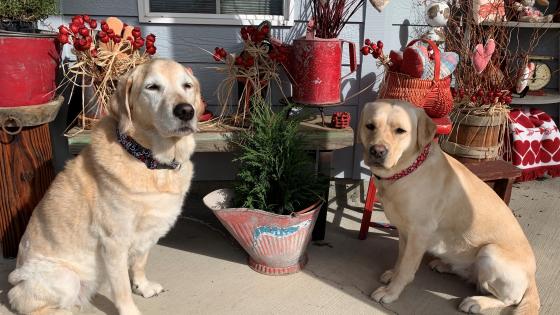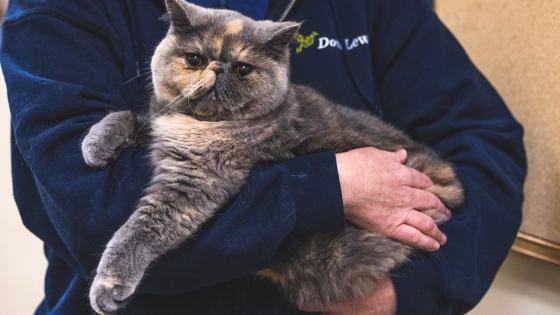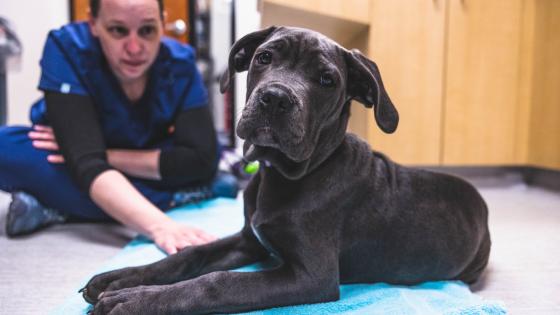
My Pet Ate Something Toxic... Now What?
Fourth of July treats, Halloween candy, Thanksgiving feasts, Christmas dinners, and Birthday parties – fun with family and friends throughout the year is filled with delicious treats that we all enjoy. However, while you may be savoring those tempting dishes, it's essential to keep an eye on your pets. Many human foods are toxic to animals and can pose severe health risks if ingested. Learn about some of the common foods to avoid for your pet's safety, and find out what to do if they happen to indulge in something they shouldn't.
Prevention is Key:
The best way to protect your pets is through prevention. Ensure that all potentially harmful foods are out of their reach. Educate your family and guests about what your pets can't eat, especially during the holiday season when the kitchen is bustling with activity.
What to Do:
Know The Signs of Ingestion: It's crucial to recognize the symptoms of toxicity if your pet has consumed something they shouldn't have. These signs may include vomiting, diarrhea, increased heart rate, tremors, seizures, lethargy, and more.
Contact Your Veterinarian: If you suspect your pet has ingested a toxic substance, contact your vet, your local emergency animal hospital, or an animal poison control hotline.
Don't Wait: Time is of the Essence. The sooner your pet receives treatment, the better their chances of recovery.
Keep the Packaging: If possible, save any packaging or containers of the ingested substance to show your vet, which will help determine the best course of action.
Do NOT Try Home Remedies: While you may be tempted to induce vomiting or administer home remedies, this can sometimes make the situation worse. Always follow your vet's guidance.
Foods to Avoid:
Chocolate: You've probably heard this one before, but it can't be emphasized enough. Chocolate, especially dark chocolate, contains theobromine and caffeine, which are harmful to dogs and cats. If ingested, it can lead to seizures, tremors, or even death.
Grapes and Raisins: These seemingly harmless fruits can cause kidney failure in dogs. Even a small amount can be detrimental.
Onions and Garlic: These staples in many human dishes can lead to anemia in pets. They should be avoided at all costs.
Xylitol: This artificial sweetener is often found in sugar-free gum, candies, and some baked goods. Even small amounts can lead to insulin release and potentially life-threatening hypoglycemia in dogs.
Bones: While not a human food, it's essential to mention the danger of giving pets bones from your meals. Cooked bones can splinter and cause choking or digestive issues.
High-Fat Foods: Pancreatitis, or inflammation of the pancreas, is a painful and potentially life-threatening condition often triggered by high-fat foods such as bacon, sausage, or even holiday leftovers. Pets who develop pancreatitis after ingesting something they shouldn’t show symptoms like vomiting, abdominal pain, and lethargy.
Quick Action Saves Lives
If you think your pet may be sick or has ingested something toxic, contact your local veterinarian or the ASPCA Animal Poison Control Center at 888-426-4435.
Any signs of distress—vomiting, diarrhea, sudden behavioral changes, depression, or pain—warrants a call to your primary vet or DoveLewis at 503-228-7281. We’re available 24/7 to support you and your pet in any emergency.




